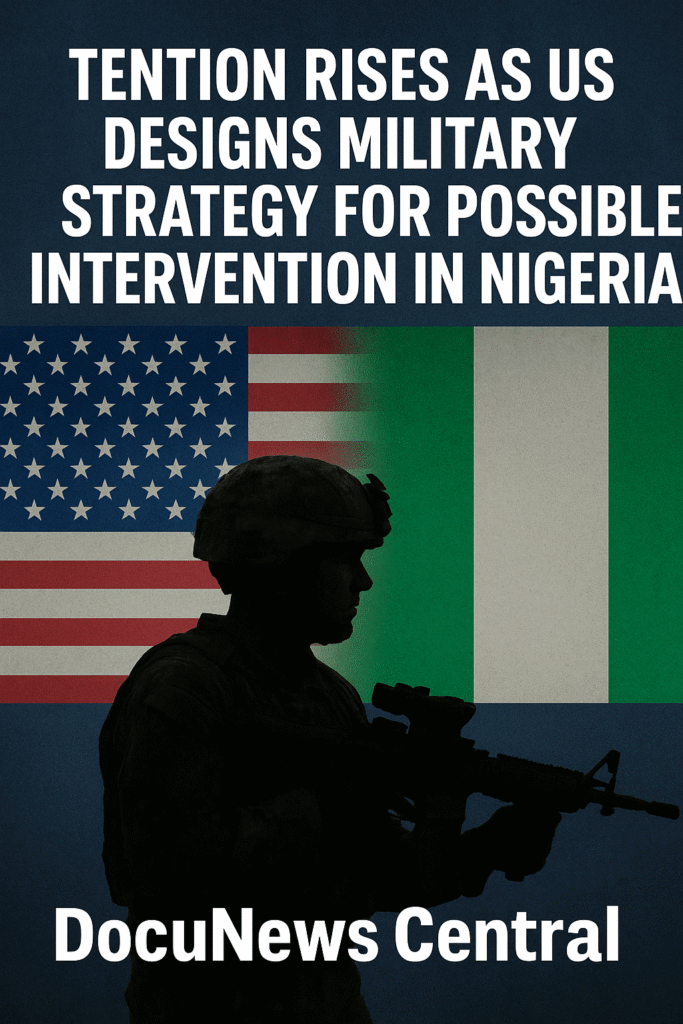
Tension Rises as US Designs Military Strategy for Possible Intervention in Nigeria
Introduction
In a new development stirring diplomatic discussions, reports suggest that the United States military is crafting intervention strategies for Nigeria.
This comes after former U.S. President Donald Trump alleged that a “Christian genocide” was happening in Nigeria. The statement has sparked global attention and raised questions about America’s possible military involvement in Africa’s largest democracy.
This post explores the reasons behind this reported move, what “light,” “medium,” or “heavy” intervention could mean, and how it might affect both nations and the wider region.
Why the U.S. Is Reportedly Considering Intervention
1. Trump’s Allegation of Genocide
Mr. Trump recently claimed that Christians in Nigeria are victims of systematic violence. He added that if the U.S. must intervene militarily, it would be to protect human rights and restore order.
Such statements have intensified scrutiny on Nigeria’s internal security situation and prompted discussions among defense strategists.
2. Nigeria’s Ongoing Security Challenges
Nigeria continues to face terrorism and insurgency from groups like Boko Haram and ISWAP. Worsening communal and ethnic clashes also contribute to instability.
These long-standing problems may have pushed the U.S. military to design different strategic response levels—light, medium, and heavy.
Related: CAF’s new qualification format gives Super Eagles a fresh chance.
3. U.S. Strategic Interests in Africa
Nigeria’s size, oil resources, and regional influence make it a focal point for the U.S. A stable Nigeria aligns with American interests in counterterrorism, energy, and trade.
Understanding the Light, Medium, and Heavy Intervention Plans
Although no official document has been released, analysts generally outline the three tiers like this:
- Light Intervention: Intelligence sharing, drone surveillance, advisory roles, and logistical support without major troop deployment.
- Medium Intervention: Joint operations with Nigerian forces, targeted strikes, and a limited combat presence.
- Heavy Intervention: Large-scale ground forces, sustained bases, and long-term occupation or large deployments.
Each tier carries specific risks and political consequences for Nigeria and the U.S.
Potential Impact on Nigeria
Sovereignty and Political Sensitivity
Accepting foreign troops is a delicate matter. Many Nigerians may view foreign intervention as an infringement on national sovereignty. The Nigerian government must weigh benefits against public sentiment and political backlash.
Security and Humanitarian Outcomes
Well-executed intervention could weaken extremist groups and improve humanitarian conditions. Mistakes, however, risk civilian harm and deepen mistrust.
Further reading: US release list of those that sponsors Boko Haram.
Regional and Global Reactions
Neighboring West African states and regional blocs like ECOWAS will closely monitor any U.S. action. The African Union may also press for multilateral approaches rather than unilateral interventions.
Geopolitically, this move could be seen as part of broader U.S.–China competition in Africa. See our coverage: China backs Nigeria against Trump’s military invasion threat.
What Comes Next
- Official Clarification: Expect statements from U.S. or Nigerian officials addressing these reports.
- Diplomatic Dialogue: Talks between the two governments and regional bodies could shape any action.
- Media and Civil Society Oversight: NGOs and the press will demand transparency and civilian-protection assurances.
Conclusion
The report that the U.S. military has designed intervention plans for Nigeria underscores how seriously Washington may view Nigeria’s security crisis.
Whether those options are light, medium, or heavy, any intervention will require clear objectives, strong partnerships, and measures to avoid unintended harm while respecting Nigeria’s sovereignty.







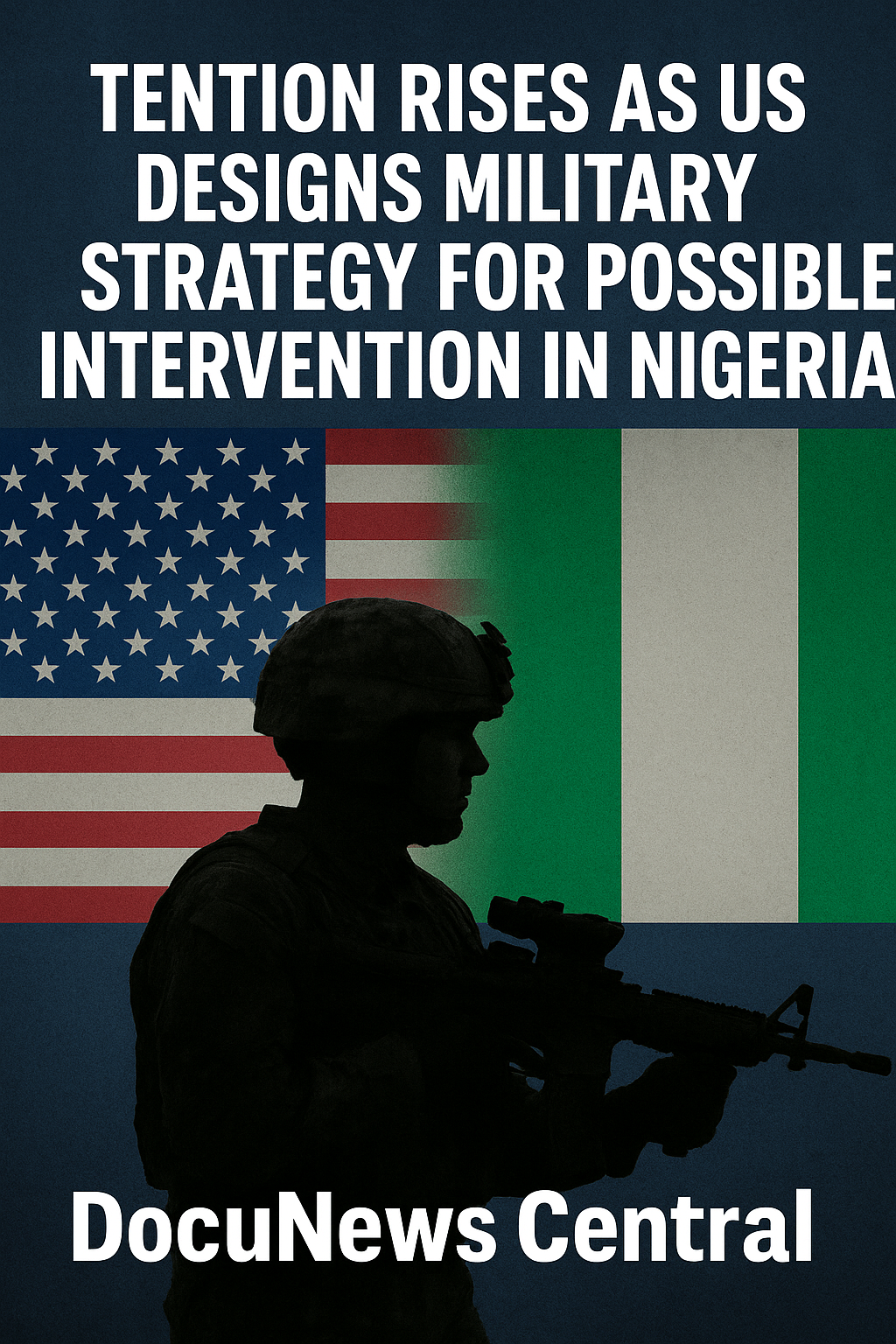
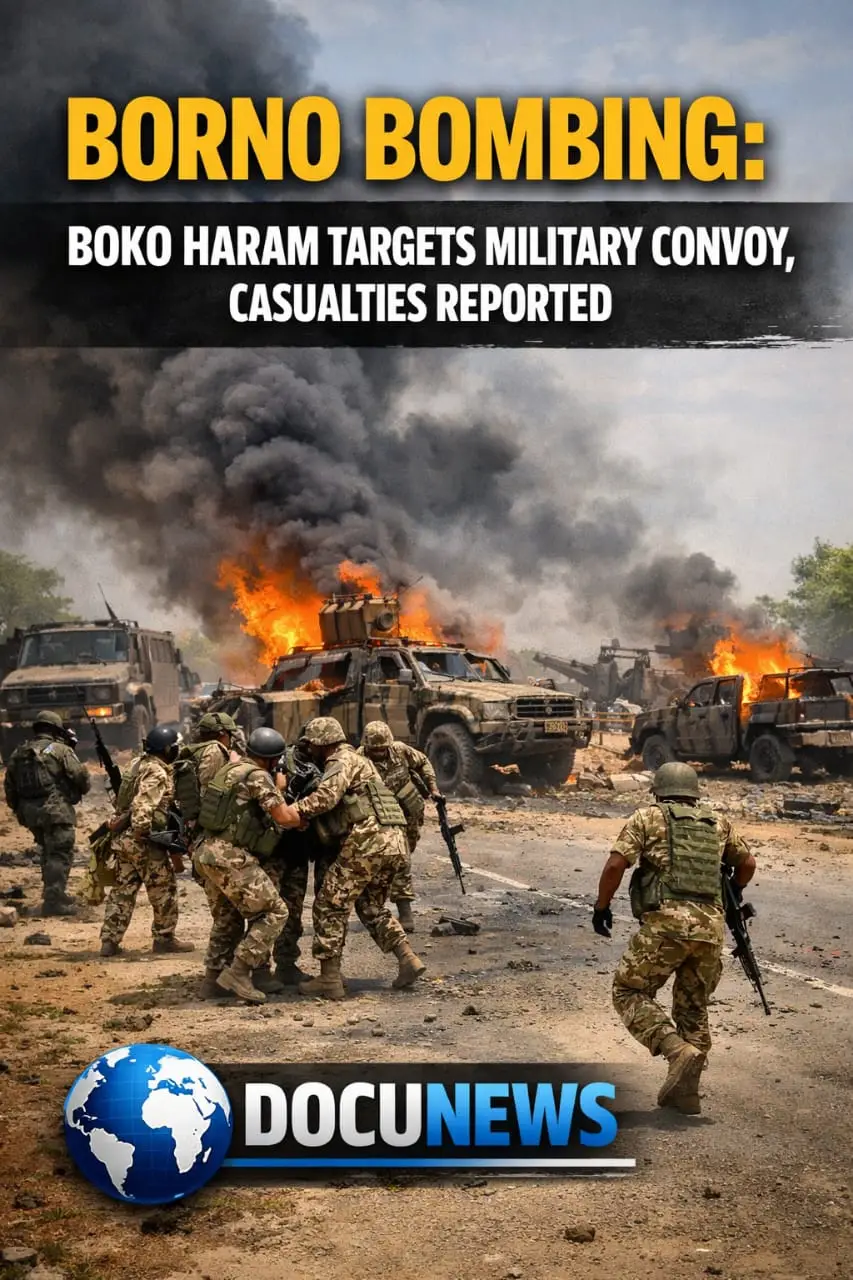
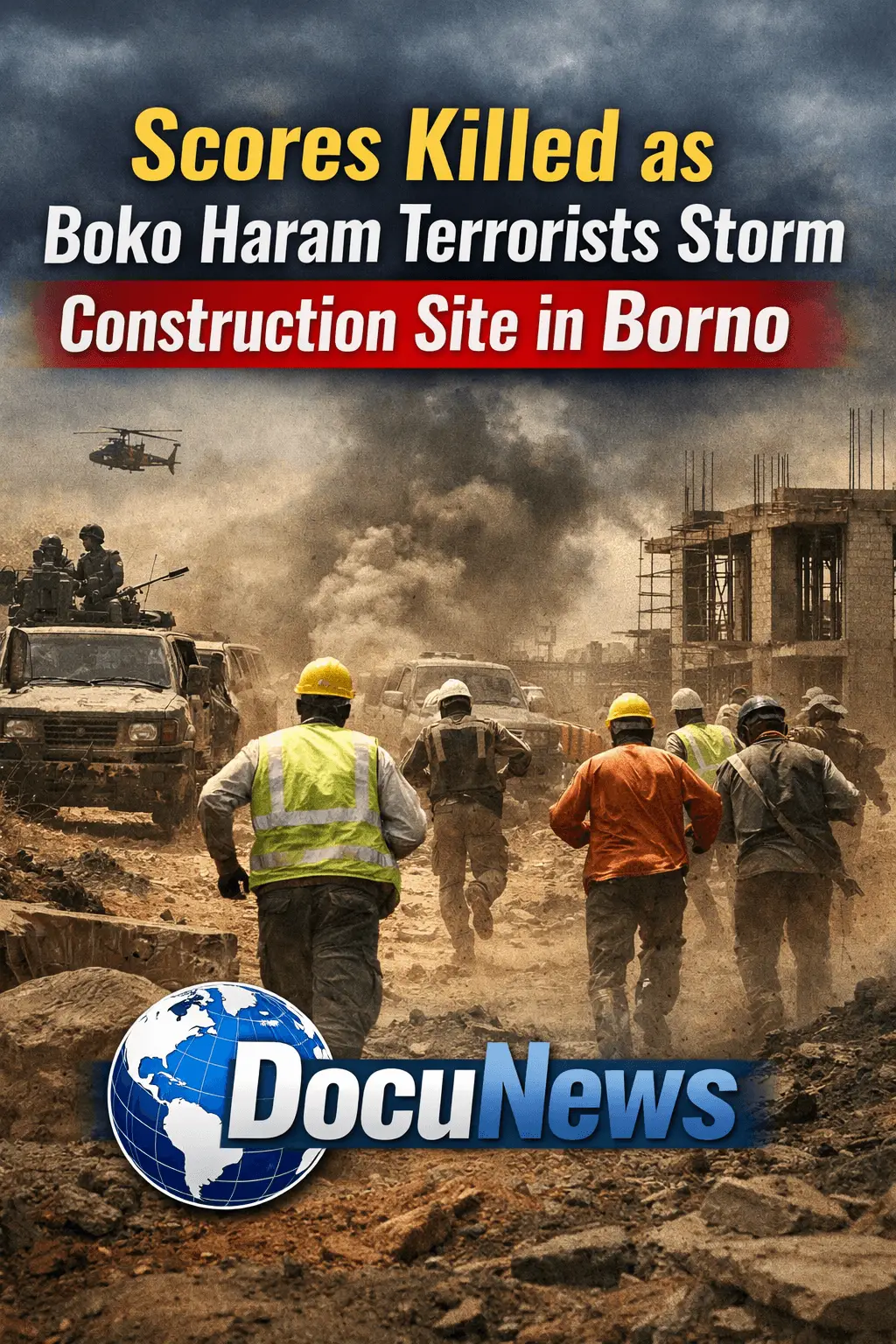
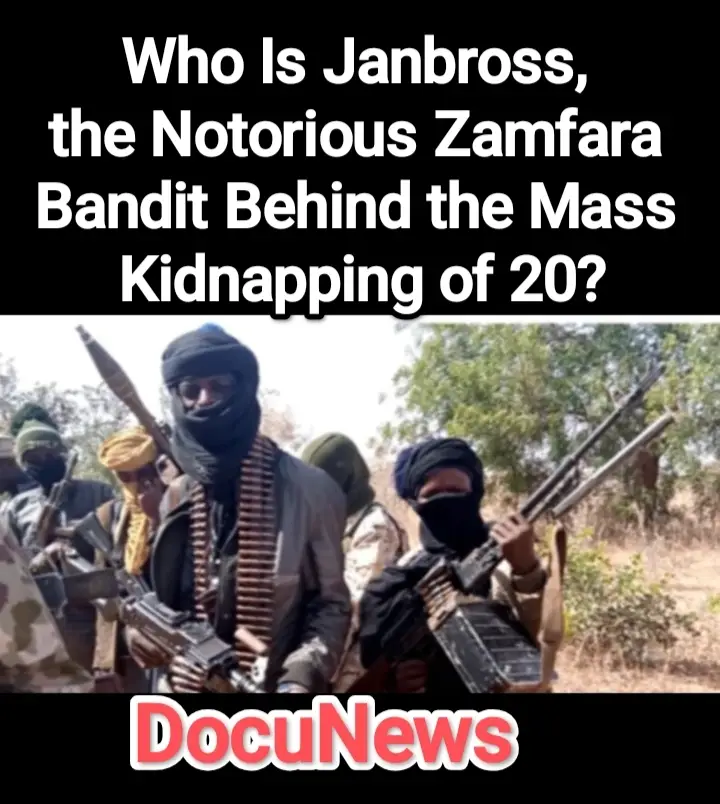
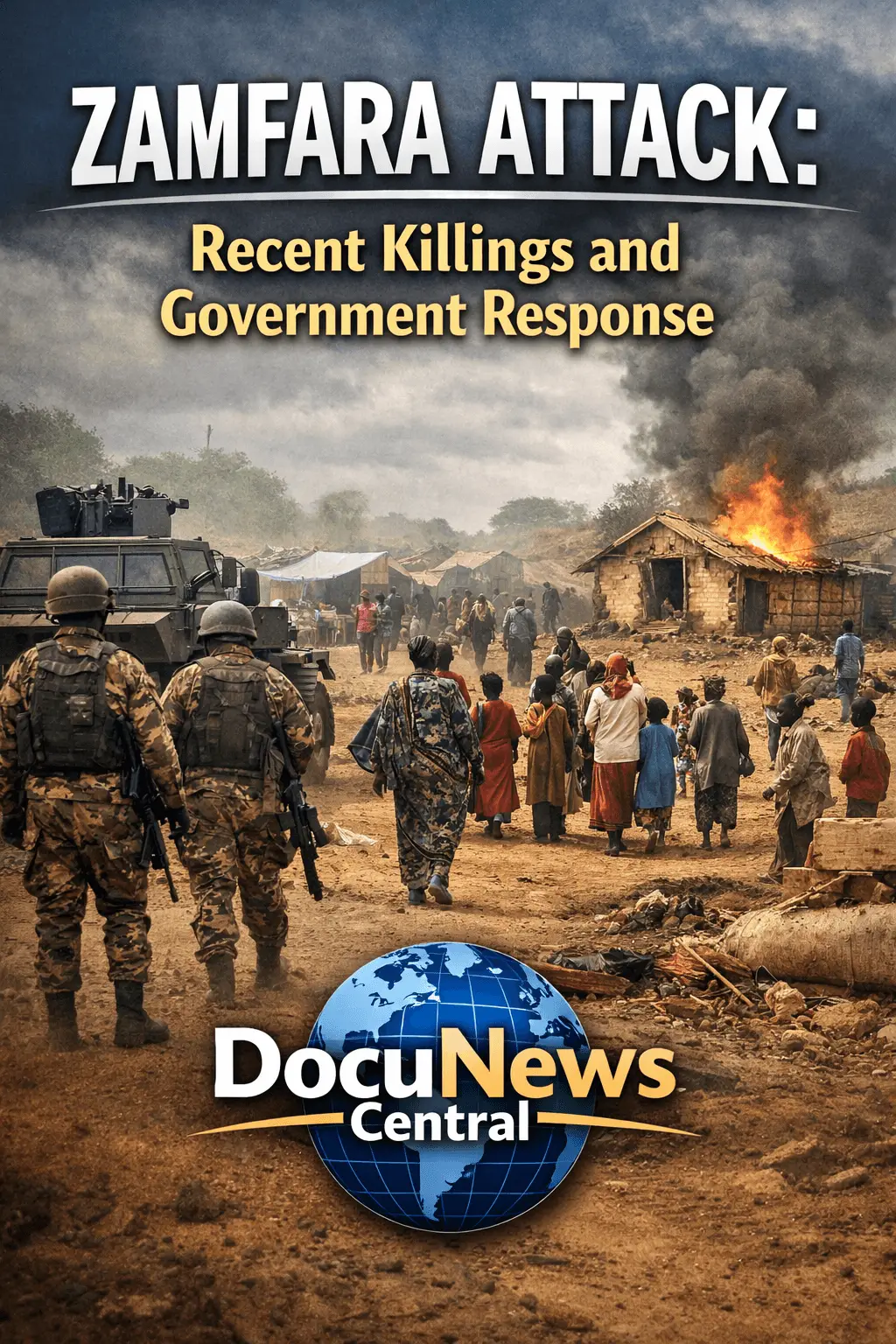
I don’t think the title of your article matches the content lol. Just kidding, mainly because I had some doubts after reading the article. https://accounts.binance.info/zh-TC/register?ref=DCKLL1YD
Your point of view caught my eye and was very interesting. Thanks. I have a question for you. https://accounts.binance.com/lv/register?ref=SMUBFN5I